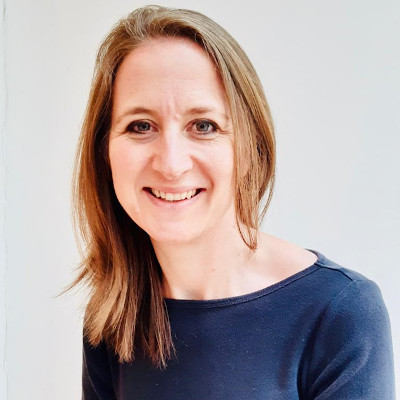Meeting the needs of healthcare professionals and families when an adult has a serious illness

Children’s understanding of illness and death evolves over time, but from a very young age they sensitive to cues within the family when an adult is seriously ill. When children are not given an honest explanation for what they are observing, they draw their own conclusions; the child then has to cope with the emotional impact without adult support.
Families understandably want to protect children from anxiety or distress; this can often lead to uncertainty about whether to tell children what is happening and how to explain the situation. Families often look to the patient’s healthcare team for guidance, although research indicates that a patient’s connection with children are often ‘invisible’ and professionals may feel uncertain about offering support. The session will consider the preferences of children, families and healthcare professionals around communication when an adult has a serious illness. The speakers will present evidence-based communication frameworks and practical tools to support family-focused conversations.
LOUISE DALTON
Dr Dalton is a Consultant Clinical Psychologist with over 20 years NHS experience working with children, adults and families affected by medical conditions requiring many years of treatment. They co-lead a programme of research with Dr Elizabeth Rapa at the University of Oxford Department of Psychiatry which aims to develop ways to promote effective communication when an adult has a serious illness. Their research includes understanding facilitators and obstacles to communication about physical and mental illness, both in the UK and low and middle income countries.












